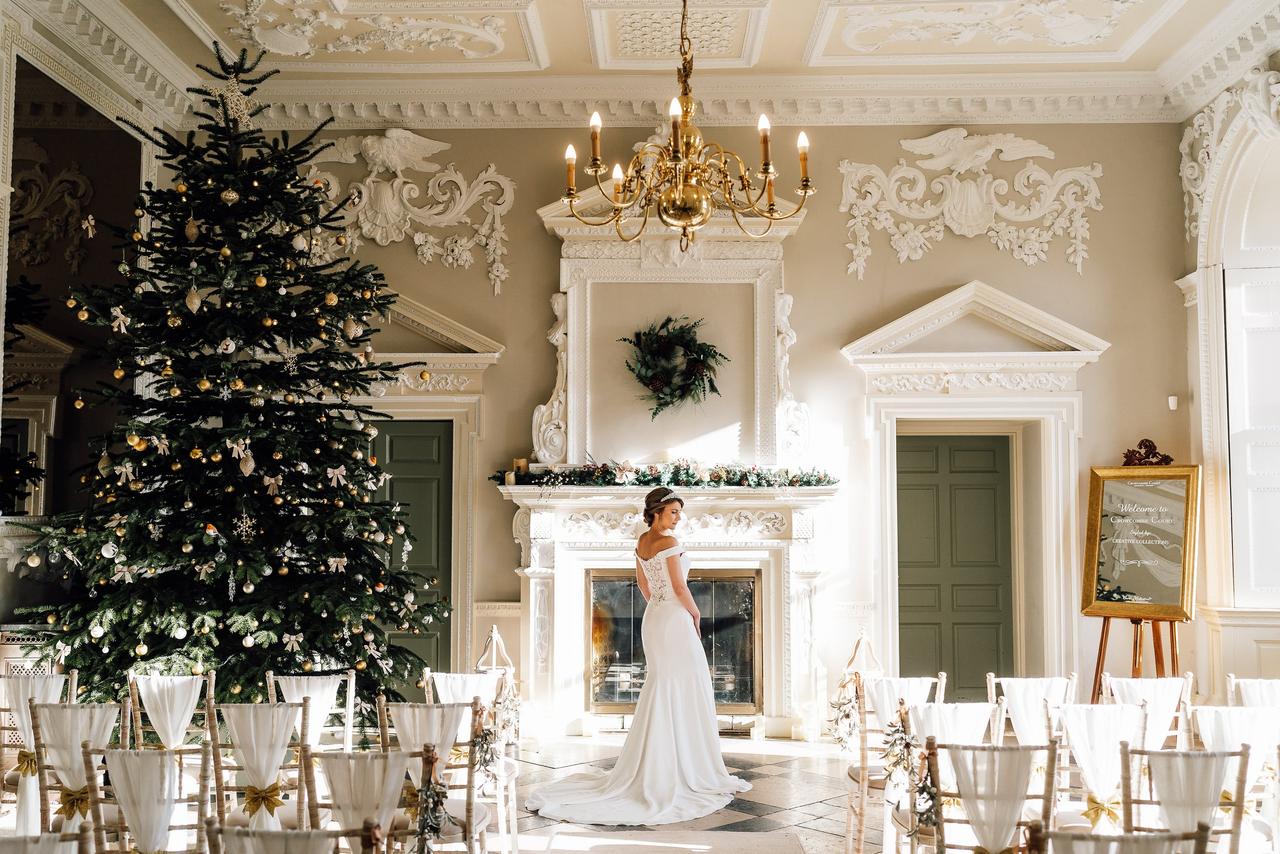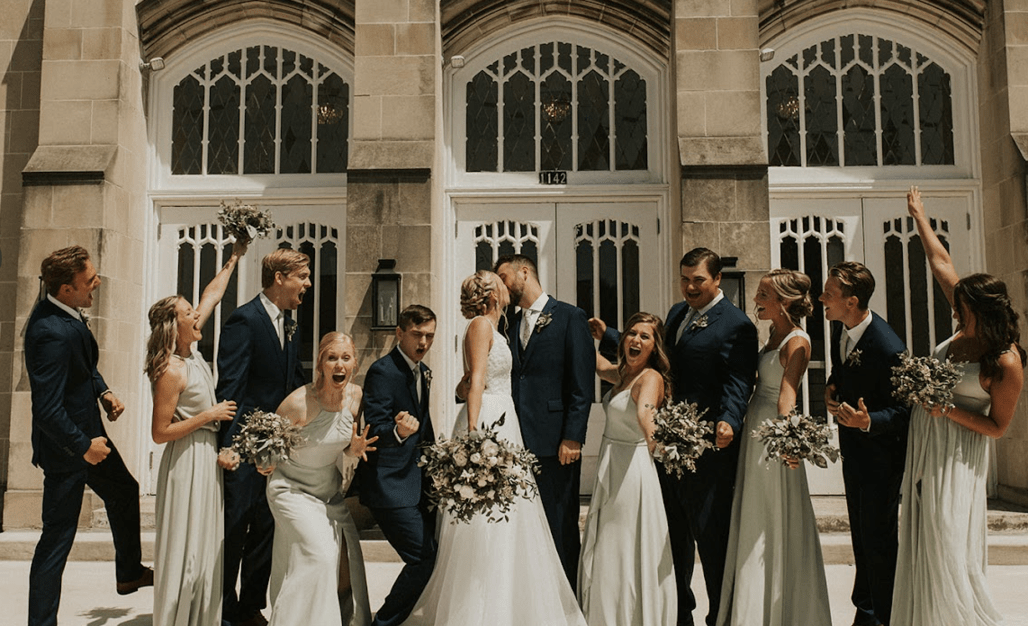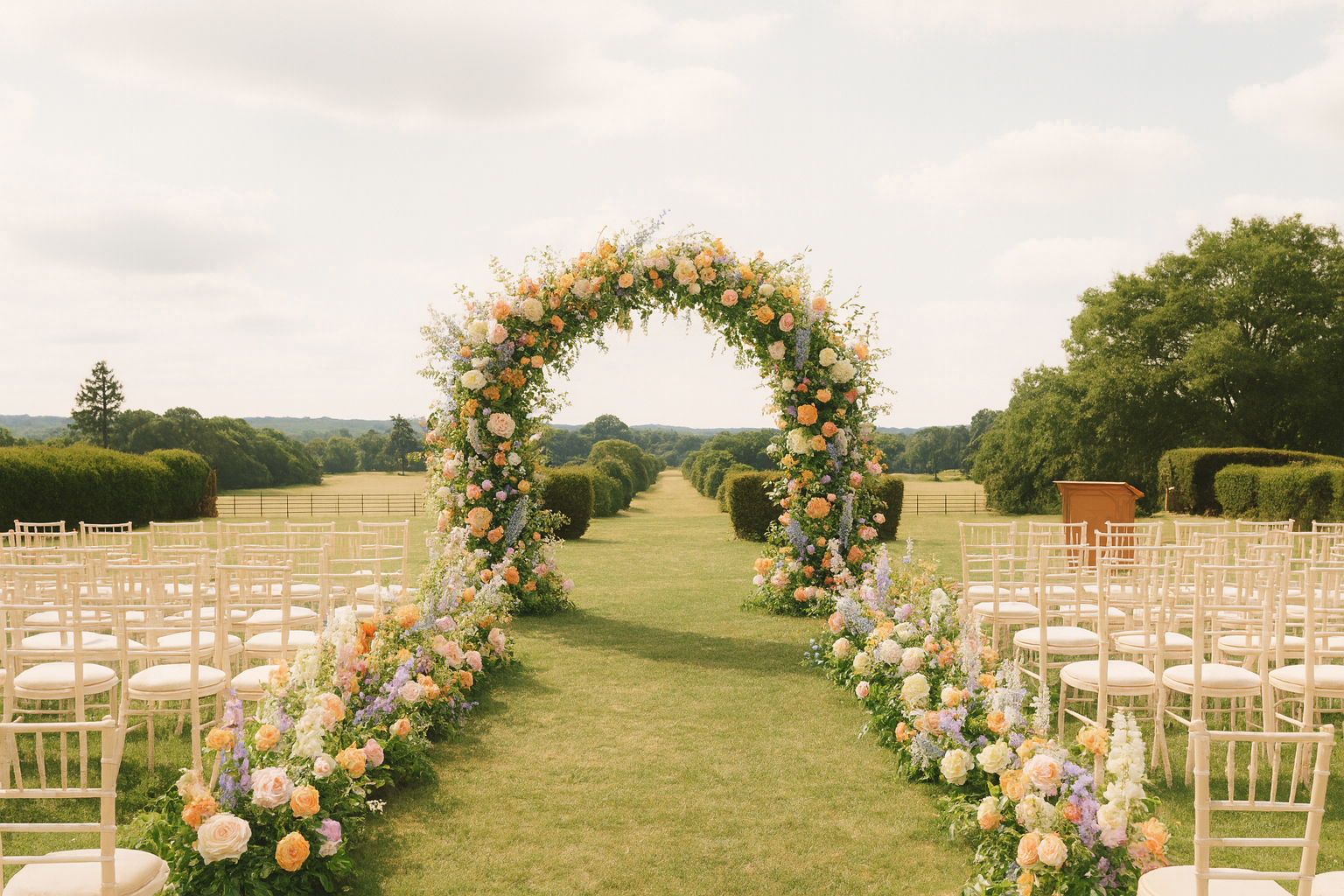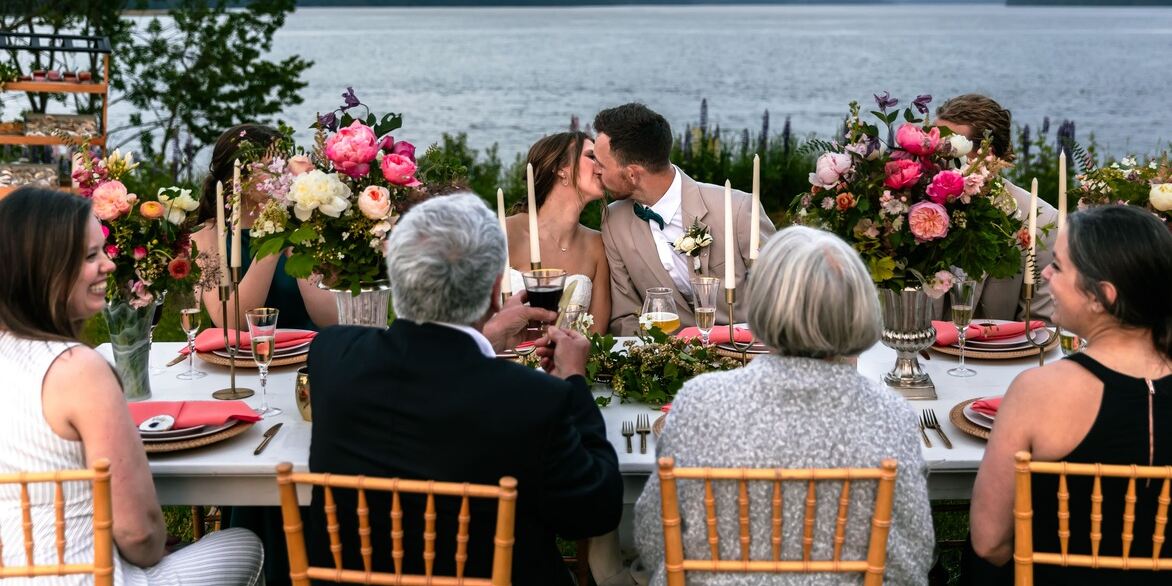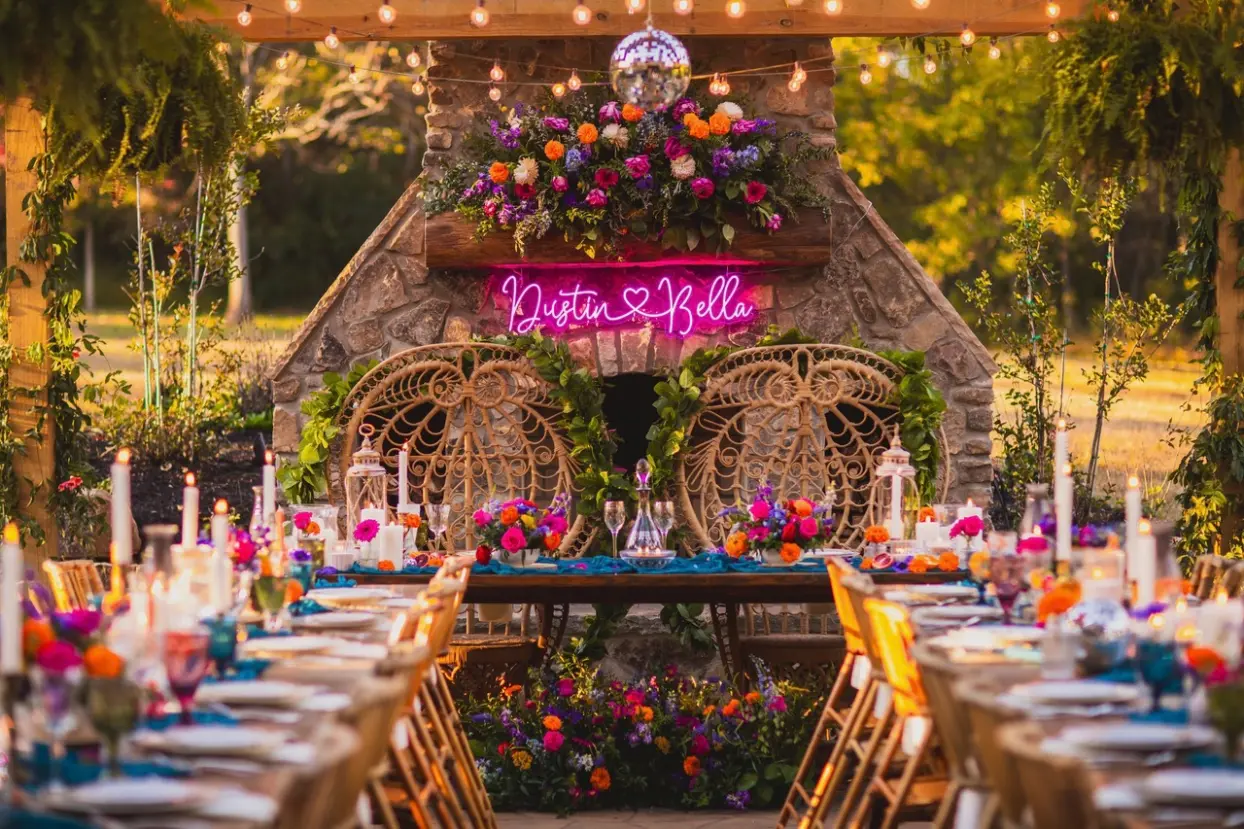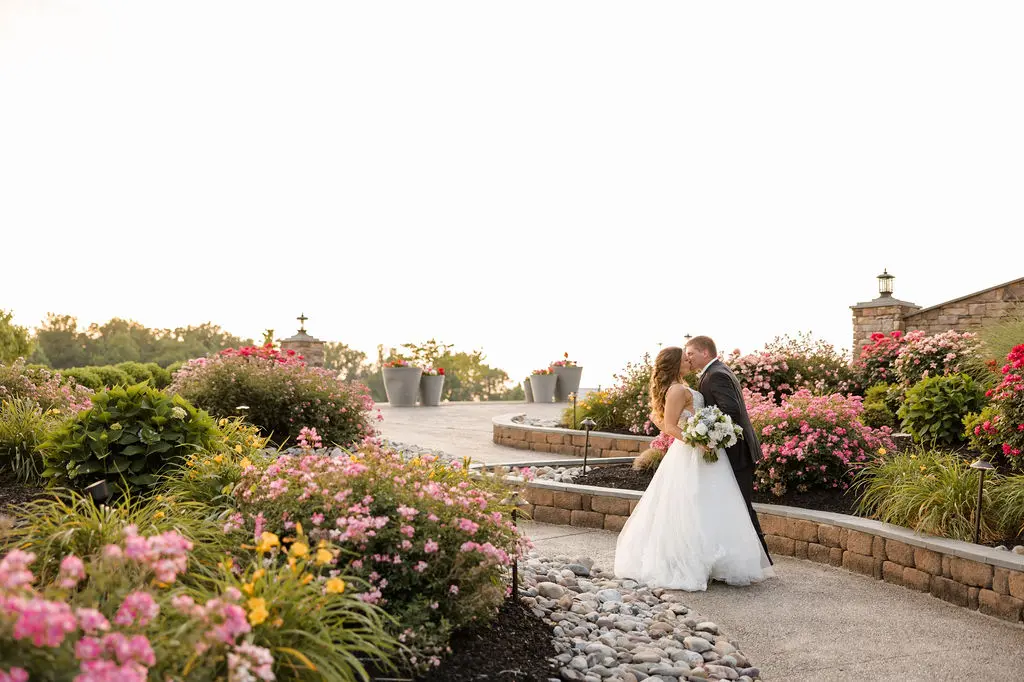Wedding trends evolve faster than venue contracts. While you’re saying yes to LED dance floors and elaborate installations, your contract might be saying “proceed at your own risk.” After analyzing thousands of venue contracts and incident reports, we’ve identified the most common gaps leaving venues exposed.
The Instagram Effect
Remember when wedding photos meant a photographer with a camera? Now it’s drones buzzing overhead, photo trucks parked on your property, and elaborate photo installations that can damage historic walls. Your contract needs to address not just photography, but modern content creation.
A recent incident at a California venue highlighted this perfectly. A social media-famous couple brought in a 12-foot flower wall for photos. The installation team damaged historic molding, but the contract only addressed “photography equipment.” The venue had to absorb $7,000 in repairs because their contract language hadn’t caught up to modern wedding trends.
Power Hungry
Modern weddings need power – lots of it. DJs bring concert-worthy sound systems, catering requires industrial equipment, and don’t forget those Instagram-worthy light installations. Yet many venue contracts still treat electrical requirements as an afterthought.
We’re seeing more venues discovering their contracts don’t adequately address power usage after costly electrical system damages. Your contract should clearly outline power requirements, specify approved connection points, and require professional installation for high-draw setups.
Weather Wisdom
Climate change is making weather more unpredictable, but many force majeure clauses haven’t been updated to reflect this reality. Your contract should address not just traditional “acts of God” but modern weather scenarios like unsafe air quality from wildfires or extreme heat events.
Consider temperature thresholds for outdoor events, air quality index limits, and clear language about when weather conditions trigger contingency plans. This protects both your venue and your clients from dangerous situations.
The Vendor Void
The rise of non-traditional vendors has created new risks. Food trucks, mobile bars, specialty lighting teams – these weren’t common when many venue contracts were written. Your vendor requirements should specifically address:
- Insurance requirements for mobile vendors
- Power and utility specifications
- Setup and breakdown time windows
- Access point restrictions
- Emergency protocols
Digital Protection
Virtual tours, online payments, and digital contracts are standard now. But does your contract address virtual showings, digital signatures, and online payment disputes? Modern contracts need clear language about:
- Virtual tour accuracy disclaimers
- Digital payment terms
- Contract version control
- Electronic signature validity
- Digital communication records
Looking Forward
The next wave of wedding trends is already forming. Smart venues are adding language about:
- AI technology usage rights
- Virtual reality experiences
- Sustainable event requirements
- Advanced projection systems
- Social media rights and restrictions
Protecting Your Future
Your venue contract isn’t just a legal document – it’s a framework for successful events. Regular updates aren’t optional in today’s fast-changing wedding industry. Get ahead of trends by reviewing and updating your contracts at least annually.
Remember: The best time to update your contract is before you need it. Modern weddings bring magic to your venue. Make sure your contract helps create that magic safely and securely.
Stay tuned for our next piece on emerging wedding trends and how to protect your venue against tomorrow’s challenges.

